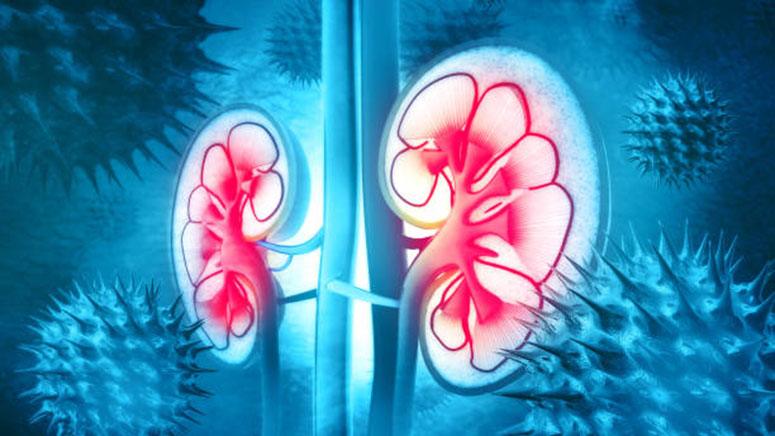Overview

Uremia is a condition that occurs when your kidneys are unable to perform their functions effectively. The bodily waste, or toxins that your kidneys normally get rid of in your urine become accumulated in your bloodstream instead. The major toxins include urea and creatinine.
Uremia means urine in the blood. The primary function of the kidney is to filter blood and eliminate waste and potentially toxic stuff that move through the kidney. Waste products and toxic substances accumulate in the blood of the kidneys and do not function properly. Uremia commonly occurs as a side effect of kidney damage, so treatments usually involves treating the kidneys. People with this condition usually have high levels of creative, proteins, and other substances in their blood. This condition affects every system of the body.
People with uremia usually experience various symptoms, while people with chronic kidney disease, which is a major risk factor for uremia, may not experience symptoms until the disease gets severe. Uremia is a severe condition that affects almost every system of the body. It can lead to death if it is not treated on time. Uremia is a common symptom of renal failure. It is also a sign of the last stages of chronic kidney disease.













